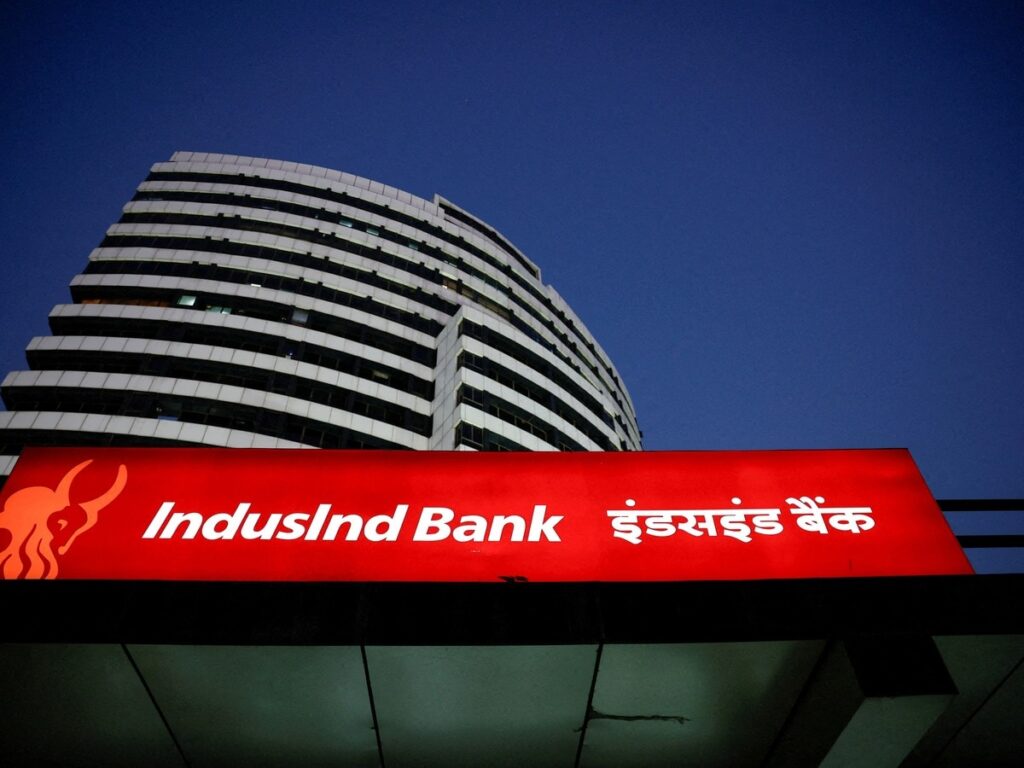In a significant move to uphold market integrity, the Securities and Exchange Board of India (SEBI) has taken stern action against former IndusInd Bank CEO Sumant Kathpalia and four other bank officials. They are facing serious allegations of insider trading, which poses a threat to the transparency and fairness of financial markets.
Background of the Insider Trading Case
Insider trading refers to the buying or selling of securities based on non-public, material information about a company. This practice undermines investor confidence and can distort market equilibrium. In this case, SEBI’s investigation has revealed that certain privileged information was misused by the individuals involved, leading to substantial trading advantages.
Profiles of the Implicated Officials
| Name | Position | Role in the Allegations |
|---|---|---|
| Sumant Kathpalia | Former CEO | Accused of facilitating insider information disclosure |
| Official 1 | Former CFO | Involved in improper stock transactions |
| Official 2 | Investment Manager | Reportedly traded on confidential information |
| Official 3 | Compliance Officer | Failed to report suspicious activities |
| Official 4 | Senior Analyst | Engaged in trading prior to public announcements |
Impact on IndusInd Bank and the Financial Market
The repercussions of these charges are profound. For IndusInd Bank, this scandal can lead to severe reputational damage, impacting customer trust and stock performance. In a broader context, such cases of insider trading raise alarms about the regulatory environment and the effectiveness of oversight agencies like SEBI.
Regulatory Measures and Future Implications
SEBI’s action reflects a zero-tolerance policy towards insider trading. The apex body is likely to strengthen its monitoring mechanisms to prevent such incidents in the future. Enhanced regulations and strict penalties may be imposed on those found guilty of compromising market integrity.
Conclusion
In summary, the allegations against Sumant Kathpalia and the other bank officials underscore the critical need for transparency in financial markets. SEBI’s decisive actions serve as a reminder of the ongoing fight against insider trading and reaffirm the commitment to maintaining fair trading practices. As the investigation unfolds, it will be vital for stakeholders to observe how these developments influence regulatory frameworks and investor confidence in the long run.
